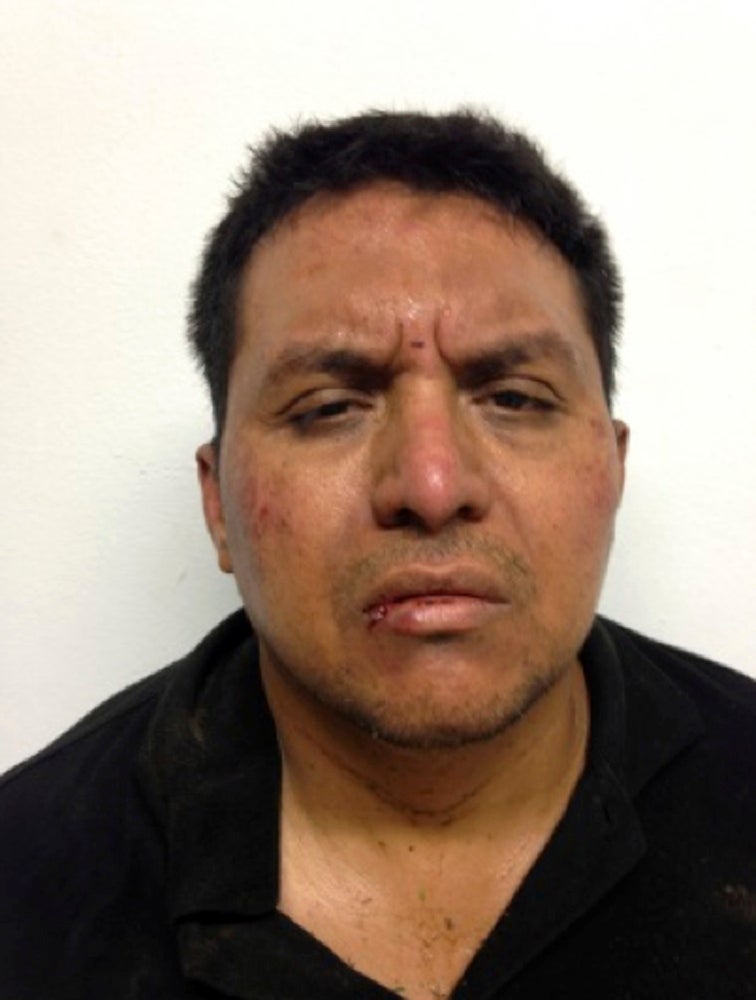Zeta drug lord continued to control cartel from inside a Mexican prison, says US indictment
A U.S. indictment unsealed in the District of Columbia claims that the leader of one of Mexico's most violent gangs continued to control an offshoot group, the Northeast Cartel, from inside a Mexican prison

A U.S. indictment unsealed Wednesday in the District of Columbia claims that the leader of one of Mexico’s most violent gangs continued to run an offshoot group, the Northeast Cartel, from inside a Mexican prison.
Miguel Angel Treviño Morales, alias “Zeta 40,” was a founder and leader of the notorious Zetas cartel. He has been in a Mexican prison since his arrest in 2013.
Together with the killing of the Zetas' other top leader in 2012, the old cartel, which spread terror throughout Mexico with bloody massacres, basically fell apart.
The indictment says the new Northeast Cartel was created and run by Treviño Morales and his brother Omar — who was arrested in 2015 — as a successor organization to the Zetas. The brothers allegedly got their relatives to run day-to-day operations for the new gang.
Those accusations represent a grim comment on the lack of security at Mexican prisons, where inmates can often hold large numbers of relatively unsupervised meetings with lawyers and relatives, allowing them to pass messages to the outside.
The defendants renamed the Zetas to “Cartel Del Noreste” or CDN, according to the indictment, which adds they ”continued to control the Cartel and installed various family members to operate the CDN after their incarceration."
The new indictment accuses the brothers of drug, conspiracy, money laundering, criminal enterprise and other offenses that could get them up to life in prison. The U.S. has filed a request for the extradition of Miguel Angel Treviño Morales, but it has been held up for about a decade by court appeals.
Drug lords in Mexico usually fight extradition tooth and nail, in part because they can continue to run their gangs if they stay in Mexican prisons.
In 2022, one of those relatives who allegedly ran the day to day operations of the CDN cartel, Juan Gerardo Treviño — whose alias was “El Huevo” or “The Egg”— was captured and deported to the United States because he apparently had U.S. citizenship, thus avoiding the long route of extradition.
The CDN cartel dominates the border city of Nuevo Laredo, across the border from Laredo, Texas.
Like the Zetas, the Northeast gang is ruthlessly violent. It regularly carries out violent shooting attacks on army patrols there, and just last week one soldier was killed there in a shootout.
President Claudia Sheinbaum said earlier this week that “Nuevo Laredo is where criminal groups have carried out the most attacks on the army and the National Guard.”
U.S. Attorney Jaime Esparza of the Western District of Texas, said the Treviño Morales brothers had committed “horrible atrocities.”
"For decades, these individuals have controlled one of the most violent drug organizations in Mexico, committing and directing the commission of horrible atrocities against our neighbors, the people of Mexico, and also in the United States,” Esparza said.
____
Follow AP’s coverage of Latin America and the Caribbean at https://apnews.com/hub/latin-america
Bookmark popover
Removed from bookmarks